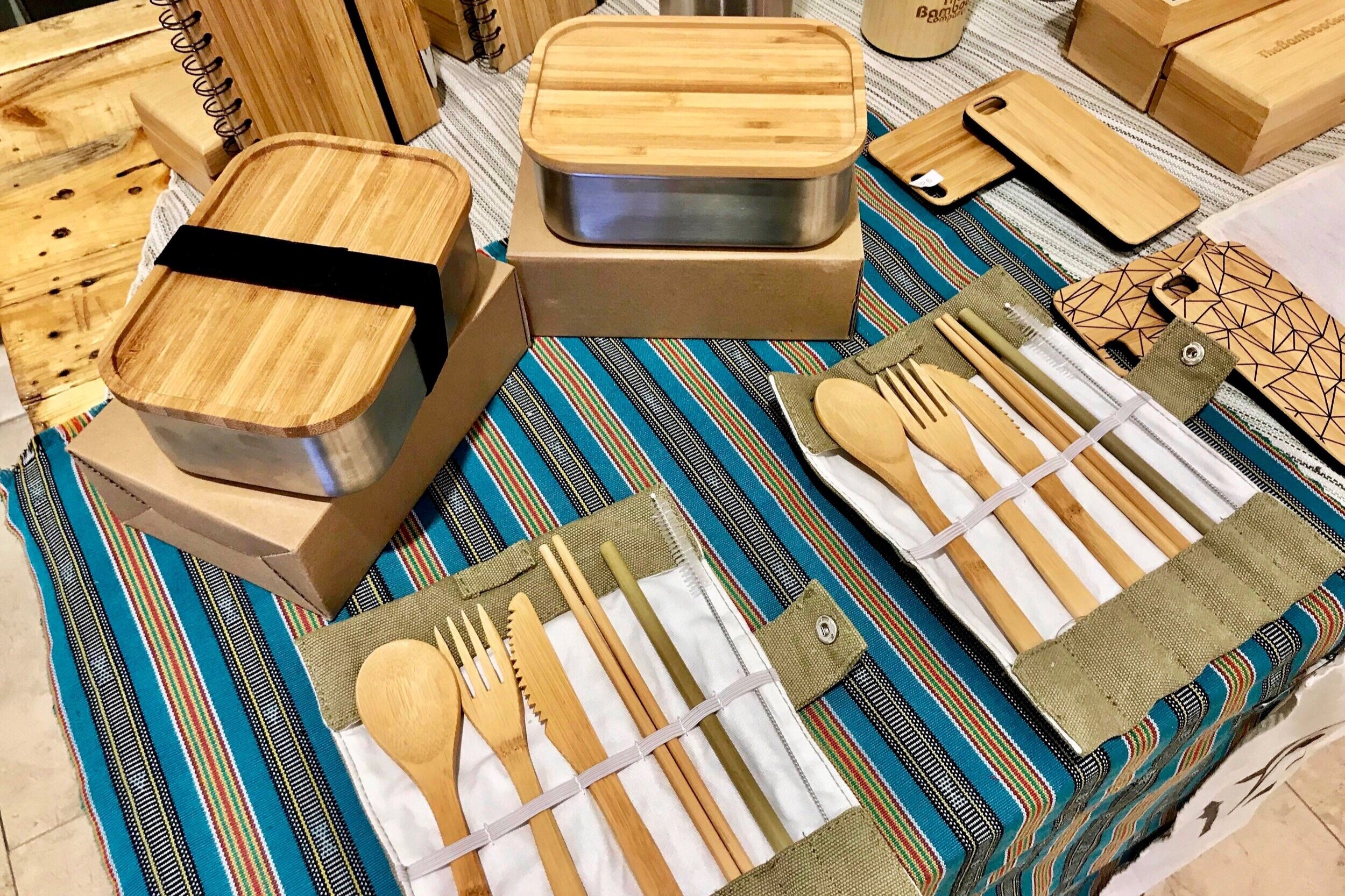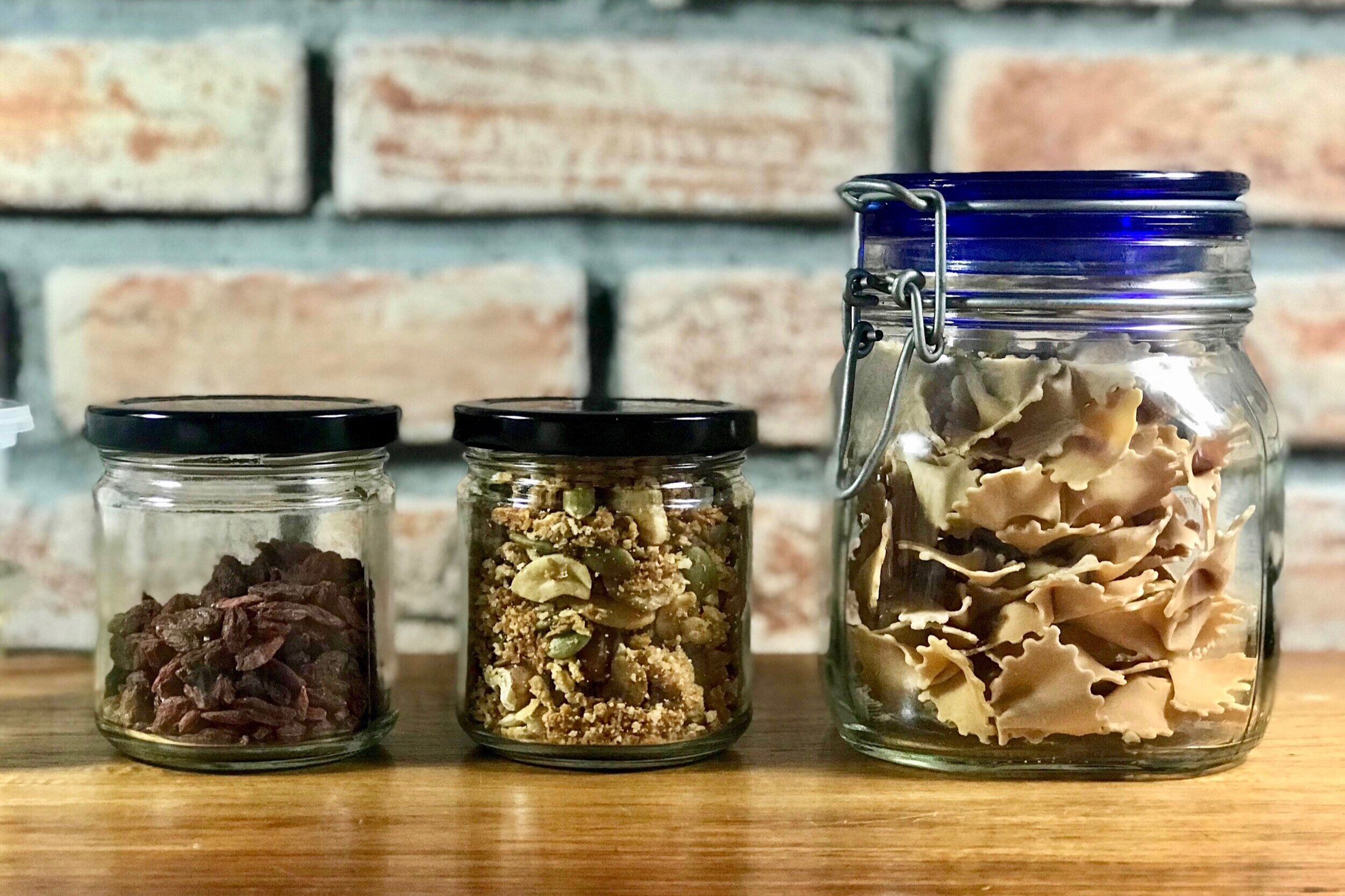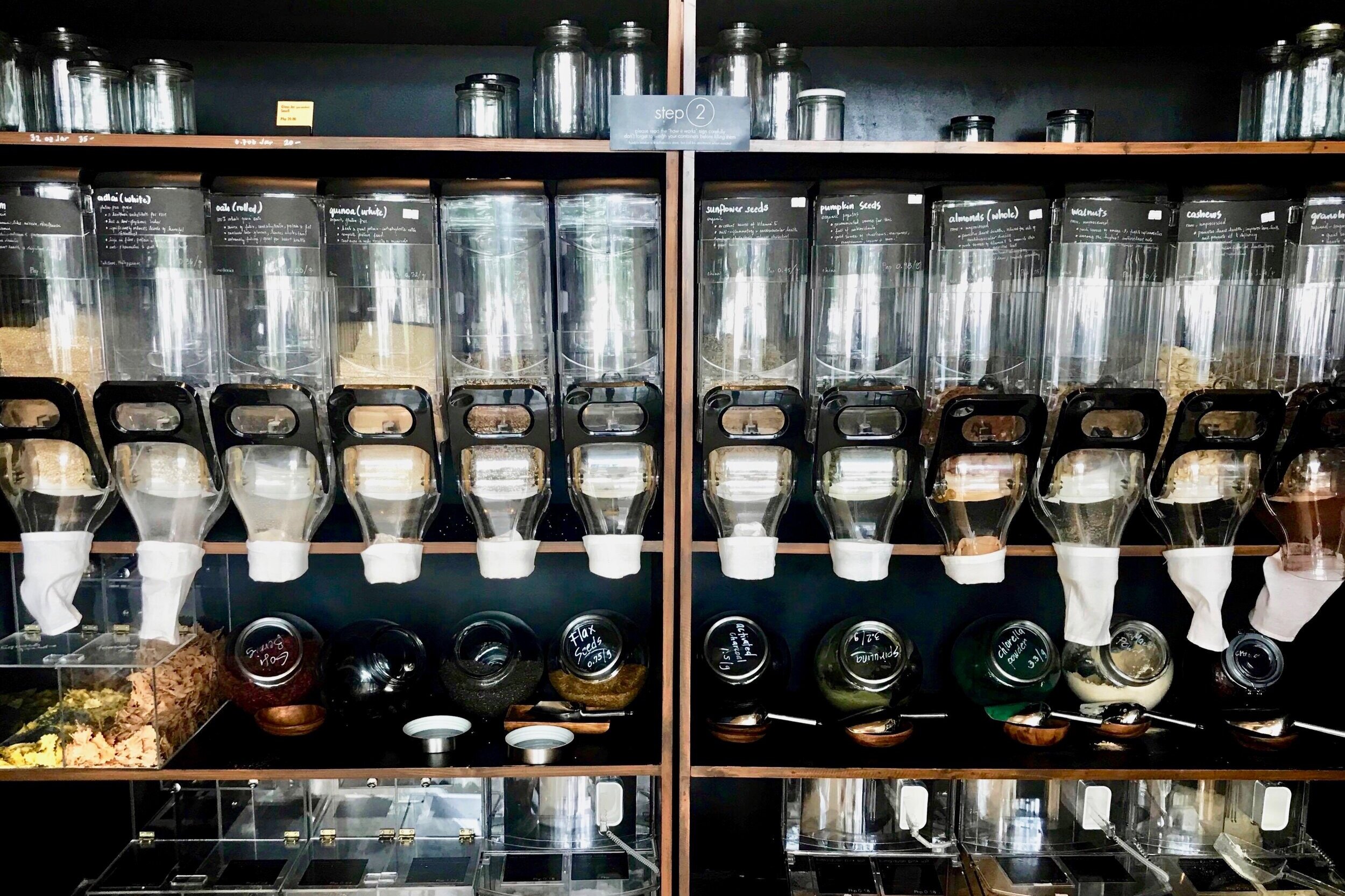What Going Zero Waste Taught Me
I have always thought of myself as an environmentally conscious person. I bring my own shopping bag, avoid single-use items, and support local businesses. But every time I look at my trash bin, I think to myself, “How am I still so wasteful?”
Last year, the world produced over two billion metric tons of solid waste. [1] With such exorbitant waste production, something needs to be done to address this problem—or we may soon be swimming in trash. One solution may be to adopt a zero waste lifestyle.
As the name suggests, the zero waste lifestyle aims to cut down global trash production by virtually eliminating consumer waste. Despite its simple premise, waste-free living involves a lot more than just avoiding plastic and other single-use products. In fact, it changes a lot about how you live. Personally, adopting this lifestyle has given my weekly schedule more structure and made me more aware of my environmental impact. Here are a few of the things I learned from going zero waste for a week!
Change takes time
When I first embarked on my zero waste journey, I thought that everything non-sustainable should be purged. In my mind, the faster I got rid of my plastic, the better. But that was where I was mistaken. Eliminating waste does not happen overnight. It takes both time and dedication. If I were to throw away all the plastic and non-sustainable items I had then, I would be working against my own cause. I would be throwing away completely usable things like my shampoo bottles and packaged snacks.
The aim of this lifestyle is for you to make complete use of what you have at hand. That is why when going zero waste, you should consider replacing your consumables as they are being depleted. Do not waste perfectly good items if you can still use them. For example, wait until you finish your shampoo bottle then switch to a more sustainable option such as dry shampoo or opt for a refill. By doing so, you do not waste anything and can make a more eco-friendly decision.
Tip:
Sometimes making a change as significant as going zero waste can be pricey if done spontaneously. However, you do not have to buy everything at once! Instead, invest in reusable containers over time and you will end up saving in the long run.
Preparation is vital
Preparation is especially important when avoiding unexpected waste, which is why it is best to think ahead and do your shopping in advance. Stock up on groceries and anything you may need for the week. Buying in bulk may be the best option as it lessens the amount of grocery trips you need to make, thereby saving both time and effort. Often times, bulk shopping is also cheaper!
Preparation helps prevent unexpected waste as well. In my experience, there was a number of times when I wanted to buy something but did not have any containers to put them in. However, this does not mean that you have to bring a whole set of tupperware or kitchenware wherever you go. Just bring the essentials such as a set of utensils, a water bottle and a reusable container or handkerchief. A small eco-bag filled with these items will help you be prepared for most situations.
Tip:
Shopping at local farmers’ markets is a great way to stock up on groceries for the week. There are even some stores which specialize in refills so you do not have to worry about non-sustainable packaging. Do some research and try things out to find your best fit.
Slip-ups are manageable
Going zero waste is a lifestyle that you should work towards, but a slip-up or two doesn’t mean you’ve failed. Sometimes you may forget to bring your utensils or pack an extra shopping bag. That does not mean you have to starve yourself for the rest of the day. Slip ups are a part of life, but what you can do is try to minimize such waste during these accidents. For example, when ordering a drink in a paper cup, ask for no straw or lid. Not only will this reduce your trash output, but you will also be doing the turtles a big favor!
The same goes for things that produce waste no matter what, namely toilet paper. Although you could invest in a bidet or handheld washer, these sustainable alternatives may not be feasible for everyone. One option is to buy toilet paper recycled from post-consumer products instead. That way, you can indirectly reduce waste by supporting more sustainable brands. Nevertheless, some trash is unavoidable as certain items such as medicine almost always come in non-sustainable packaging. Do not be ashamed if you buy prescription pills that have plastic wrapping around them—your health is important too!
Tip:
If your current wardrobe mostly consists of “fast fashion”, that doesn’t mean you have to replace your clothing with sustainable wear entirely. Make the most use out of the clothes you currently own, or if they no longer fit or are out of style, take them to your local donation bin or thrift store. This way, you can avoid perpetuating fast fashion.
Help is everywhere
The zero waste community is growing everyday. When starting out, it is best to remember that you are not alone. Asking for help as you become familiar with the lifestyle is completely normal. In fact, it makes things a lot easier when looking for zero-waste options. Looking back, everyone was extremely helpful when I told them I wanted to go zero-waste. Most of the staff at restaurants allowed me to use my reusable containers when I bought food and supplies. There were even a few who gave recommendations for where to get supplies and shop. People are often very accommodating so do not be shy to let them know how they can help.
Tip:
Getting someone to make the change with you is a great source of support. Often times, it can be encouraging to see one another doing their best to stick to their commitment. So try and find a buddy to begin your own zero waste journey!
While my zero waste journey may have been short, it has opened my eyes to different sustainable living options as well as inspired me to continue seeking out ways to be more environmentally friendly. Through this experience, I have also realized that we must first address our own wasteful habits before comparing ourselves to other people and aspiring to live a certain lifestyle. Whether that be bringing reusable containers when out shopping or avoiding fast fashion, a small change in our everyday lives can make a world of a difference.
References
“World Bank: Global waste generation could increase 70% by 2050.” wastedive.com. (2018)









